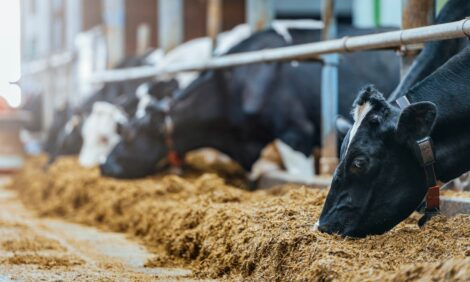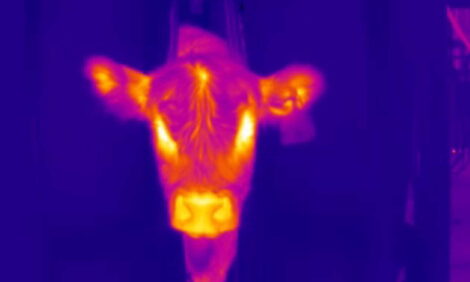



Reforms Will Bring A Greening Of The CAP
Towards the end of June new proposals for the reform of the Common Agricultural Policy are expected to come out of Brussels, writes TheCattleSite editor in chief Chris Harris.The CAP, which is updated and reformed every 10 years, is due for was further review and a new structure is expected to be published by the end of the year outlining the way it is going to be carried forward after 2013.
Already mid-term reviews have started the process of change from a production subsidy and export refund and the European council presidency report on the reforms appeared in March this year.
Following a European Parliamentary report from George Lyon in June last year, Albert Dess is to issue another report from the European Parliament on the Commission's Communication on CAP Towards 2020 that appeared last year as well.
While in the 1980's 80 per cent of the CAP was concerning production subsidies, refunds and support measures through direct payments, the latest round of reforms are expected to see 94 per cent of the total spending decoupled from production.
Speaking at the recent Outlook 2011 conference in London, Roger Waite, the European Commission spokesman on Agriculture and Rural Development said: "The surpluses have come down and prices have come closer to world market levels."
He said that the market intervention systems have been reduced although, as has been seen recently in the milk market, they have been retained at a certain level as a safety net.
He said that surpluses belong to the past and competitiveness has improved and there is now a more sustainable farming system with an integrated approach for rural areas and this is contributing to a more stable EU budget.
He said: "Rural development is encouraging a living countryside and a more sustainable farming sector."
Mr Waite said that the changes in the Common Agricultural Policy are needed to answer the challenges of food security, variability of price and economic crises.
The new look CAP is also responding to the challenges of greenhouse gas emissions, soil depletion, air and water quality and biodiversity.
These challenges will be met through a greening of direct payments and by capping and redistributing the payments and making the better targeted.
He said there will be more support for small farmers and also areas that have specific natural constraints.
The streamlined and simplified CAP will also be more market oriented and this will improve the functioning of the food chain.
"We have to do it in a more equitable way and there has to be a redistribution of funds," Mr Waite said.
"However, there is a problem with public perception. People see the money going to many large farms that they perceive don't need support, hence there has to be capping of payments."
Tom Hind from the National Farmers Union said that an essential part to the European treaty is agricultural productivity and farm incomes and farming businesses are still reliant on the CAP for income.
"Any proposal to reform the CAP is likely to affect the way we farm," he said.
He said the decision has to be about deciding a rationale for support and whether it is supporting incomes or public goals.
He said that farmers want to be come less reliant on support and this should be a central issue for CAP reform.
"We need competitiveness and a functioning market."
Mr Hind said that environmental issues are now becoming a central feature of the first pillar of the Common Agricultural Policy - giving direct support for environmental issues.
He said that the greening of the first pillar of the support measures in the CAP should be optional and he called for historical allocations of support to be addressed in the CAP reforms.
"It should be an optional, voluntary tier, incentive based and positive," he said.
However, he added that there is no way that payments to farmers can go back to a system of coupled support for production.
He said that the CAP budget is likely to be smaller, but maybe not much and that historic allocations and payments will end but with transition.
Direct payments will remain the core of the policy, but there will be a shift in orientation through greening and this could harm competitiveness.
May 2011


